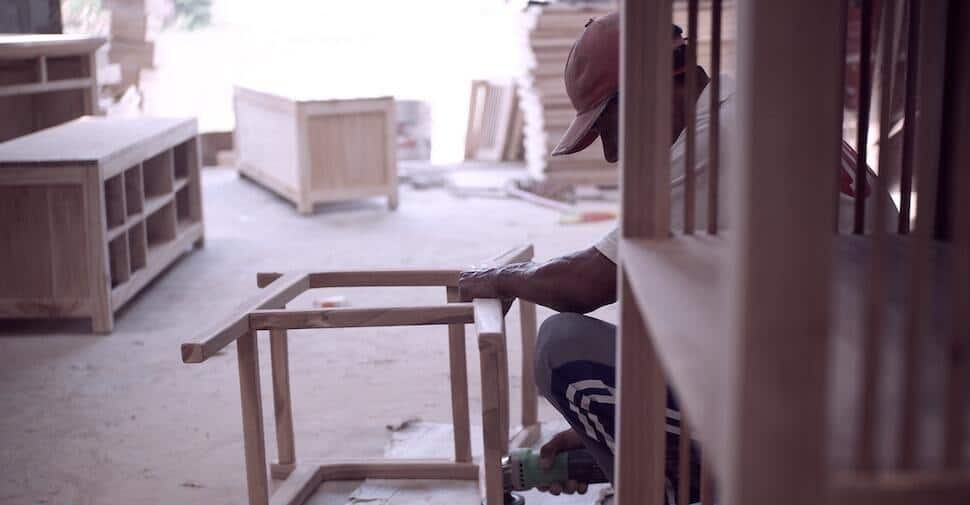Calls for universities in the United States to divest from prison labor are growing as students in Oregon bring attention to the exploitation involved in producing their dorm furniture.
In an opinion piece for the student newspaper the Daily Emerald, University of Oregon (UO) student Parsa Aghel argues that many of the bed frames, mattresses, closets, and dressers used every year in UO’s dorms are made by incarcerated people.
Aghel’s assertions are based on the fact that according to UO spending figures, $2,041,834 went toward Oregon Correctional Enterprises, an agency which produces furniture through prison labor.
Incarcerated people in Oregon are required to work a minimum of 40 hours a week, a commonplace policy in a country where—thanks to the 13th Amendment—slavery remains legal as punishment for a crime.
While Oregon pays incarcerated workers more than other states, Aghel stresses that their labor rights remain extremely limited, with little ability to refuse work and no minimum wage or overtime pay.
Workplace safety standards are also lacking, an issue reflected in the drastically higher COVID-19 rates among inmates compared to the general population during the pandemic.
Noting that another university in Oregon, the Oregon Health & Science University, divested from prison labor in 2020 after activist pressure, Aghel calls on UO students to pressure their university until it follows suit.
Aghel writes:
The problem is not nuanced nor complicated – the proud democratic state of Oregon has allowed legal slavery to persist and its institutions, like UO, have profited from it. When the university buys prison labor furniture, it endorses and legitimizes the prison industrial complex and its worst facets. It is no different for students. When we step into our dorms on campus, we buy into a lie. A lie that UO cares about racial justice beyond words in a flowery email. A lie that UO cares about equality over profit margins.
As the campus continues its construction of new dorms and buildings, the time to cut ties with the prison industrial complex and the inhumane labor practices is now.
UO students are only the latest to protest against the forced labor of incarcerated people; just last month, student activists at the University of Florida (UF) spoke out after their exclusion from a committee that could steer UF’s food services away from prison labor.
In partnership with student organizations, Freedom United has been calling for an end to slavery in the U.S. prison and detention industry with a campaign that has gathered over 20,000 signatures.
Join them and add your name today.







Freedom United is interested in hearing from our community and welcomes relevant, informed comments, advice, and insights that advance the conversation around our campaigns and advocacy. We value inclusivity and respect within our community. To be approved, your comments should be civil.